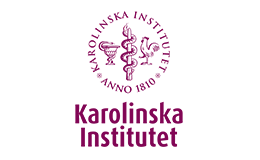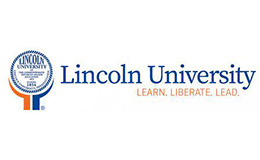An Overview Of A New Zealand Surgery Resident's Education, Working Life, Skills And Future Prospects
Why should I study in New Zealand?

An Overview Of A New Zealand Surgery Resident's Education, Working Life, Skills And Future Prospects
New Zealand is one of the leading countries in the world when it comes to education and healthcare as a whole. With government-funded services and universities, New Zealand is a lot more affordable for international students hoping to pursue medical degrees.
The education and training of a New Zealand surgery resident
When most people think of surgery, they probably imagine a sterile office with a team of highly qualified doctors and nurses. But in reality, surgery is a complex and demanding profession that requires years of specialized training. This is where the education and training of a New Zealand surgery resident comes in.
There are currently two types of residency programs available to new surgeons: general surgery residencies and pediatric surgery residencies. General surgery residencies cover all types of surgical procedures, while pediatric surgery residencies focus on treating children and young adults who have serious medical problems.
The educational requirements for becoming a New Zealand surgery resident are quite rigorous. In order to be accepted into one of the residency programs, applicants must have already completed an undergraduate degree in medicine or osteopathy. After completing their undergraduate degree, residents must complete several years of additional medical training, which can include both classroom learning and clinical placements.
Once residents have completed their medical training, they must pass the New Zealand Medical Board's qualifying examination. This exam is designed to test residents' knowledge about basic medical concepts and their ability to perform basic surgical procedures. After passing the qualifying examination, residents can start their surgical residency program.
What should I expect in my first year as a surgeon?
One of the most important things you should expect in your first year as a surgery resident is to adjust to the different working environment. Surgeons treat patients all day long, so their work schedule is very demanding. This means that you need to be mentally and physically prepared for long hours and days on end. You will also need to learn how to operate various medical devices and perform complex surgeries. In addition, you will need to be proficient in several medical languages, including English and Chinese. Finally, you will need to be able to work effectively as part of a team.
Working hours, the work day and where I’ll be working
When I started my residency in New Zealand, I knew that I would be working long hours. For most surgeons, the work day usually starts at 8am and ends around 10pm. This is because we have to be available for emergencies at all times. However, since I’m a resident, my hours will be different.
I’ll be starting my work day at 7am and ending it around 9pm. This means that I’ll have about six hours free each day to do whatever I want. I can either spend time with my family or go out for a drink with my friends. In fact, I can even sleep in if I want to!
This schedule is different from the standard work day in America. In America, most surgeons only work a standard eight-hour work day. This means that they have four hours free each day to do what they want. Plus, they get one hour off for lunch every day.
So, which country is better? It really depends on what you're looking for. If you're looking for a standard working schedule, then America is the better option. However, if you want more free time each day
Skills and knowledge required
Working as a surgery resident in New Zealand can be very rewarding, with many opportunities for learning and development. However, it is important to be aware of the skills and knowledge that are required for this career.
As a surgery resident, you will need to have a good level of academic qualifications. This means that you should have completed a medical degree from a recognised university. In addition, you will need to have completed a postgraduate qualification in surgery. This can include a residency program or an extra year of training after you have completed your medical degree.
In terms of working life, surgical residents typically work 48-hour shifts. This can be quite demanding, but it is also highly rewarding. You will need to be able to work quickly and accurately under pressure, which is why surgical residency is such a challenging career path.
Overall, surgical residency in New Zealand is an excellent opportunity to learn about the practice of Surgery. It is also an extremely challenging career path, which will require dedication and skill.
Outcomes in surgical training
Aspiring surgeons in New Zealand face a challenging and diverse training pathway, with a residency program that spans over four years. The residency program is divided into two parts: the first year is devoted to general surgery, while the second year focuses on a specific area of surgery such as cardiothoracic or plastic surgery. After completing their residency, surgeons are then eligible to apply for a specialty fellowship. The surgical career outlook for New Zealand residents is excellent, with most finding long-term positions within the medical community.
Future prospects for surgery job markets worldwide
The global surgery job market is projected to grow at a CAGR of 7.7% through 2020, according to a report by PwC. This growth is being driven by an increasing number of people who are aging and living longer, as well as an increasing demand for surgical procedures and treatments. In addition, the rising cost of healthcare is also fueling the demand for surgeons.
In New Zealand, the surgery profession is in high demand. The country has a population of just over 4 million people, and there are currently about 2,000 practicing surgeons in New Zealand. This is expected to grow to about 3,500 by 2020. In addition, the country has a well-educated population, with a high degree of literacy and numeracy. This means that there are plenty of potential surgery professionals out there who are interested in finding a career in this field.
If you're interested in pursuing a career in surgery, you'll need to have a strong foundation in medical science. This includes knowledge of anatomy and physiology, as well as chemistry and biology. You'll also need to be proficient in math and calculus, as well as other medical sciences. In addition, you'll need good communication skills, because surgeries often
Conclusion
The article provides an overview of a New Zealand surgery resident's education, working life, skills and future prospects. The article discusses the importance of continuing surgical residencies in order to maintain and improve patient care. It also discusses the opportunities and challenges that a surgery resident may face during their training.


















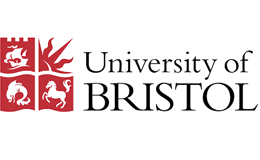
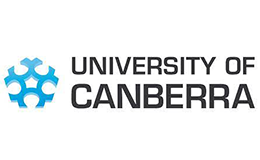






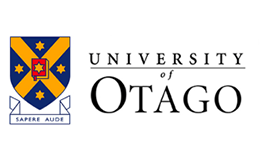




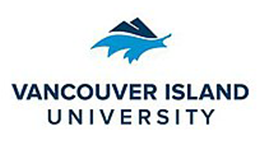
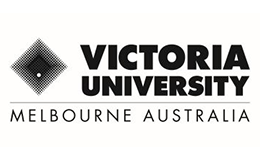




.png)

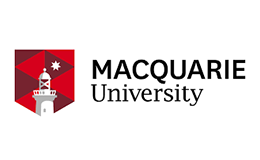


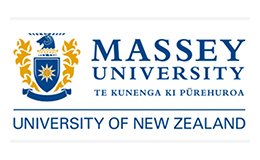
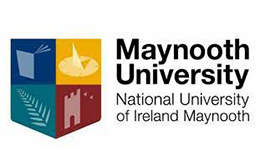



.png)



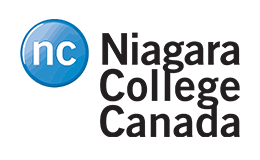
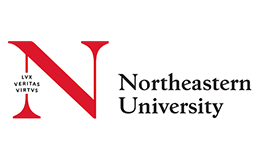













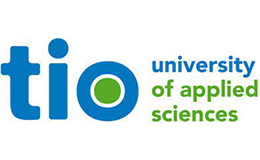



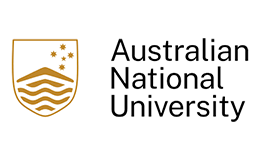

.png)










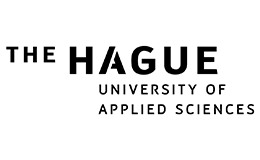




.png)

